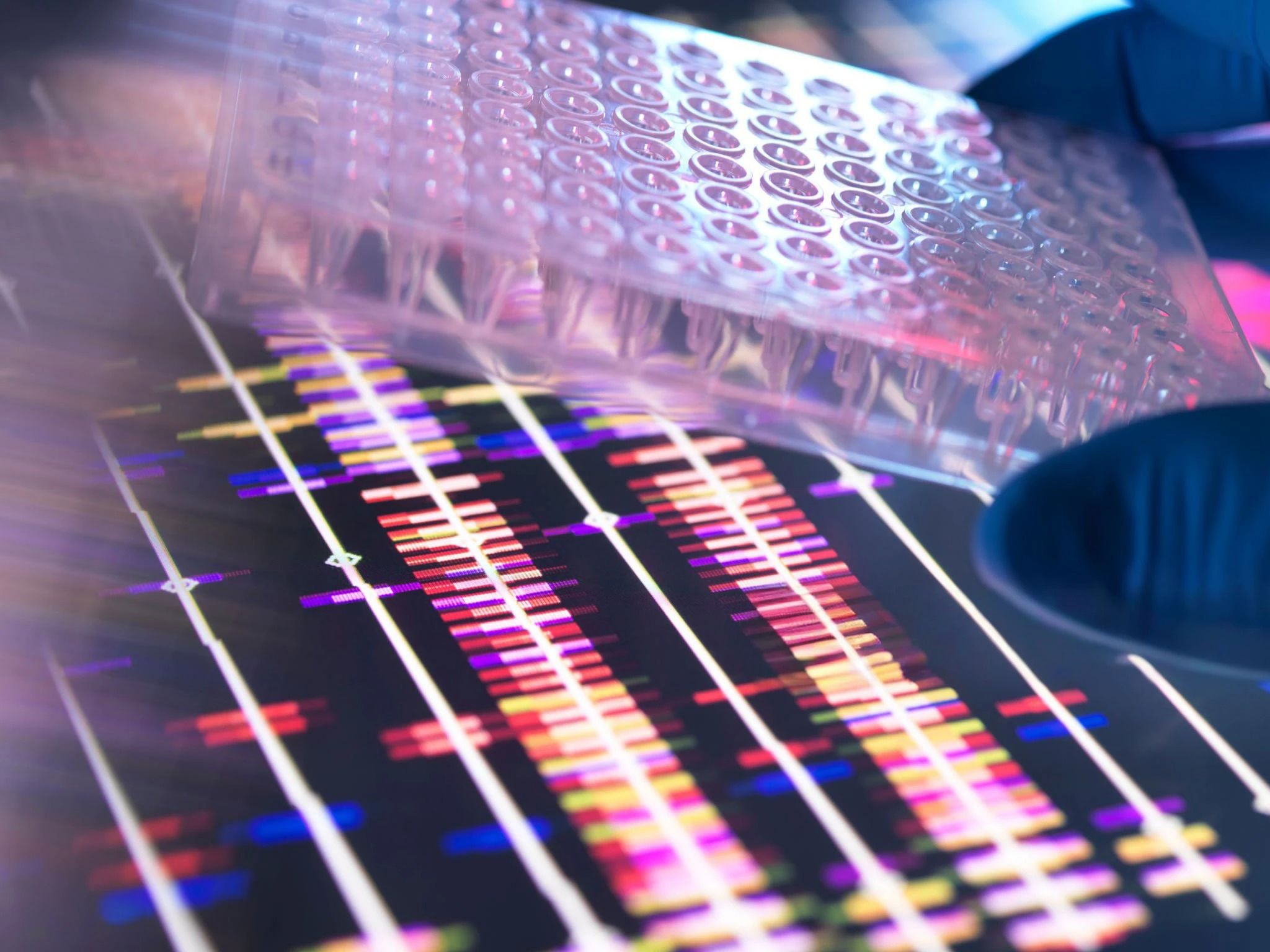The Evolution of DNA Testing Technology: Current Trends and Future Innovations
The Evolution of DNA Testing Technology
The field of DNA testing has transformed dramatically over the past few decades, evolving from a complex scientific process into a user-friendly service available to consumers worldwide. With advancements in technology, DNA testing has become more accessible, affordable, and comprehensive. This evolution has sparked interest across various sectors, including healthcare, forensics, and genealogy.

Early Days: The Beginnings of DNA Testing
DNA testing began in the 1980s with the invention of the polymerase chain reaction (PCR), a method that allowed scientists to amplify minute amounts of DNA. This breakthrough enabled the first applications of DNA testing in criminal investigations and paternity cases. Early tests were time-consuming and required large, high-quality DNA samples.
As technology advanced, the process became more efficient. By the late 1990s, DNA testing had begun to expand into the public domain, with companies offering ancestry testing to consumers eager to explore their genetic heritage.
Current Trends: Accessibility and Precision
Today, DNA testing is more precise and accessible than ever. Companies now offer kits that allow individuals to collect samples at home, sending them off for analysis with the promise of detailed insights into ancestry, health risks, and genetic traits. The technology has also become more affordable, enabling a wider audience to engage with their genetic information.

In healthcare, DNA testing is being integrated into personalized medicine, allowing for treatments tailored to an individual's genetic makeup. This approach promises to improve outcomes for patients with conditions ranging from cancer to rare genetic disorders.
Future Innovations: The Horizon of DNA Testing
The future of DNA testing technology is poised for exciting developments. Innovations such as CRISPR gene-editing technology and advancements in artificial intelligence are expected to enhance the accuracy and scope of DNA analysis.
- CRISPR and Gene Editing: This technology allows for precise alterations in genetic code, potentially correcting genetic disorders at their source.
- AI and Machine Learning: These technologies are being used to analyze vast amounts of genetic data, uncovering patterns and insights previously hidden.
- Portable DNA Sequencers: Future devices may allow for on-the-spot genetic analysis, providing immediate insights in various scenarios.

Ethical Considerations
As DNA testing technology advances, ethical considerations become increasingly important. Issues such as privacy, data security, and the potential for genetic discrimination must be addressed to ensure that individuals' genetic information is protected.
Regulations and guidelines are being developed to navigate these challenges, ensuring that the benefits of DNA testing technology are realized without compromising ethical standards.
Conclusion
The evolution of DNA testing technology reflects a broader trend towards personalized and precision-based approaches in health and science. With continued innovation, the future holds promise for even greater insights into our genetic makeup, offering unprecedented opportunities for understanding and improving human health.
